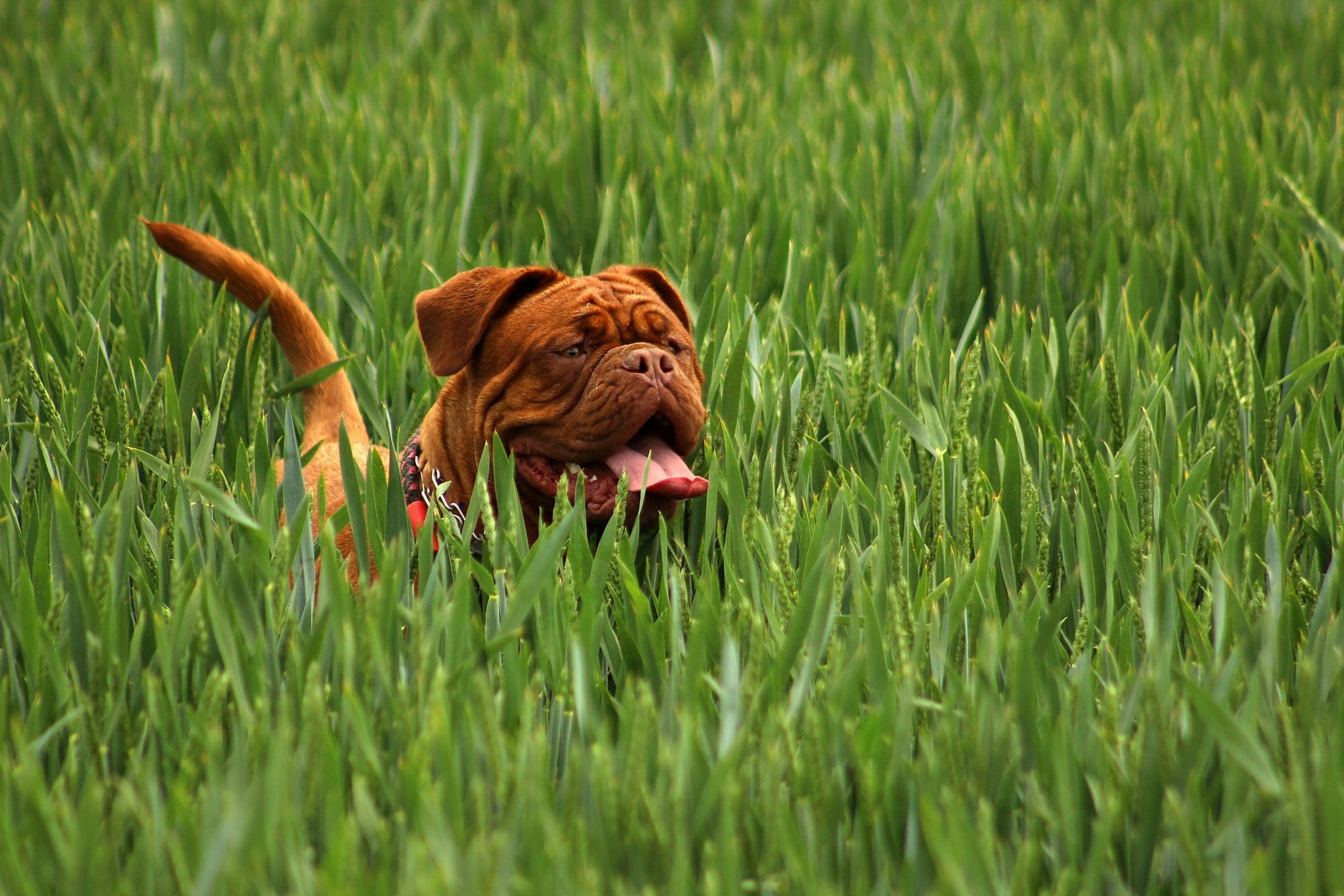Taking care of a dog’s dental health is crucial for responsible pet ownership. Many dog owners often find themselves asking, “How much is dog teeth cleaning?” or “What is the cost of dog dental cleaning?” Knowing the expenses involved and the significance of maintaining your dog’s oral hygiene can help you make informed decisions about their care.
Factors Affecting Cost
The cost of dog teeth cleaning can vary significantly based on several factors, including the type of cleaning, the location of the veterinary clinic, and any additional necessary procedures. On average, prices can range from $300 to $800, although they may be lower or higher depending on specific circumstances.
The type of cleaning required is a primary factor influencing cost. Generally, there are two categories: routine cleanings and more extensive procedures that may involve extractions or treatment for dental diseases. Routine cleanings resemble human dental visits, where plaque and tartar are removed, and teeth are polished. These cleanings play a vital role in maintaining your dog’s oral health and preventing more serious issues in the future.
For dogs with existing dental problems, the cleaning process may be more complex. Severe tartar buildup, gum disease, or loose teeth might necessitate a more extensive cleaning that often requires anesthesia. This allows the veterinarian to clean below the gum line and perform extractions if necessary, significantly increasing the overall cost of dental care.
Location Matters
The location of the veterinary clinic is another critical factor in determining the price of dog teeth cleaning. In larger cities or areas with a higher cost of living, veterinary services, including dental cleanings, tend to be more expensive. Conversely, smaller towns or rural areas may offer more affordable options. It is prudent to compare prices among various clinics, but quality of care should always take precedence over cost. A reputable veterinarian with experience in dental care will yield better outcomes for your dog.
Additional Costs
In addition to the basic cleaning, other expenses may arise in dog dental care. For instance, pre-anesthetic blood work is often recommended before administering anesthesia, especially for older dogs or those with existing health issues. This blood work can add an additional $100 to $200 to the total cost. If extractions or other treatments are required, those will also contribute to the final bill.
Investing in Dental Health
Regular dental check-ups and cleanings are essential for maintaining your dog’s health. Poor dental hygiene can lead to serious health issues, including heart disease, kidney disease, and infections. By investing in your dog’s dental health, you not only enhance their quality of life but also potentially save on more costly treatments in the future.
Some pet owners may consider at-home dental care to reduce costs. While brushing your dog’s teeth regularly can help prevent plaque buildup, it may not eliminate the need for professional cleanings entirely. Many dogs develop tartar that can only be effectively removed by a veterinarian. Therefore, at-home care is important but should not replace regular professional cleanings.
Exploring Insurance Options
Pet dental insurance is another avenue some owners explore. Many policies now include coverage for dental cleanings, which can help offset some costs. When considering insurance, reviewing the details and understanding coverage, waiting periods, and limits on claims is crucial.
If cost is a concern, it is beneficial to discuss your financial situation openly with your veterinarian. Many clinics offer payment plans or financing options to make expenses more manageable. Your dog’s dental health should not become a financial burden, and most veterinarians are willing to work with you to find a suitable solution.
Maintaining a Routine
When budgeting for your dog’s dental care, consider how often cleanings are needed. Most veterinarians recommend at least one dental cleaning per year, although some dogs may require more frequent visits based on their dental health. Monitoring your dog’s teeth and gums can help determine when another cleaning is necessary. Signs of dental issues include bad breath, swollen or bleeding gums, and difficulty eating. Prompt consultation with your veterinarian is essential if you notice any of these symptoms.
In addition to regular cleanings, establishing a routine of at-home dental care can significantly impact your dog’s oral health. Brushing your dog’s teeth several times a week, if not daily, can help prevent plaque buildup. Using dog-specific toothpaste is crucial, as human toothpaste can be harmful to pets. Dental chews and toys are also available to help clean your dog’s teeth and reduce plaque.
The Importance of a Balanced Diet
Providing a balanced diet can also contribute to your dog’s dental health. Certain dog foods are designed to promote dental health and can help minimize tartar buildup. Consulting your veterinarian to identify the best dietary options that support overall health, including dental care, is advisable.
Being proactive about your dog’s dental health is vital. Dogs may not always show signs of pain, making it essential to remain vigilant. A healthy mouth contributes to a happy dog, and regular veterinary visits can help identify problems before they escalate.
For new dog owners or those who haven’t prioritized dental care, focusing on this aspect of pet ownership is essential. Prioritizing dental health can enhance your dog’s quality of life, keep them comfortable, and potentially save you from more extensive treatments in the future.
Investing in dental care is an investment in your dog’s overall health and happiness. Making informed choices about their dental health reflects your commitment to their well-being. Prioritizing this aspect of care can greatly enhance both your and your dog’s experience together.

